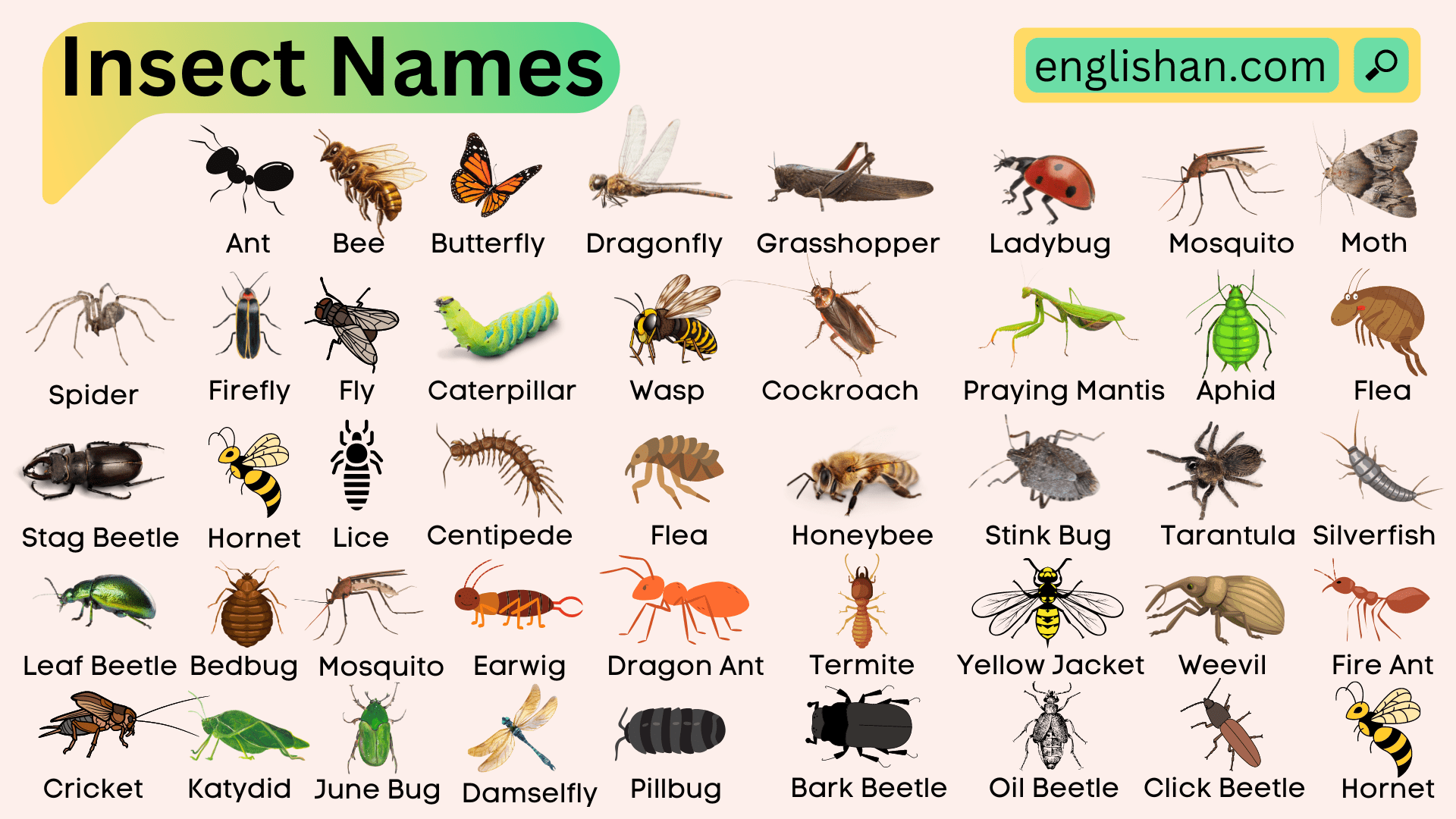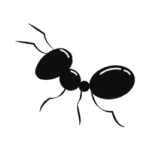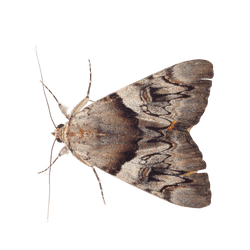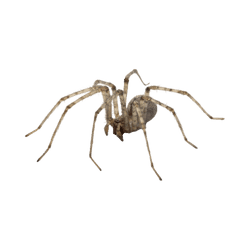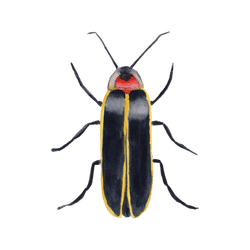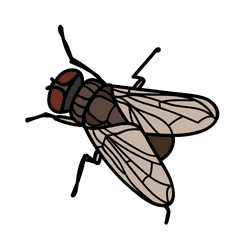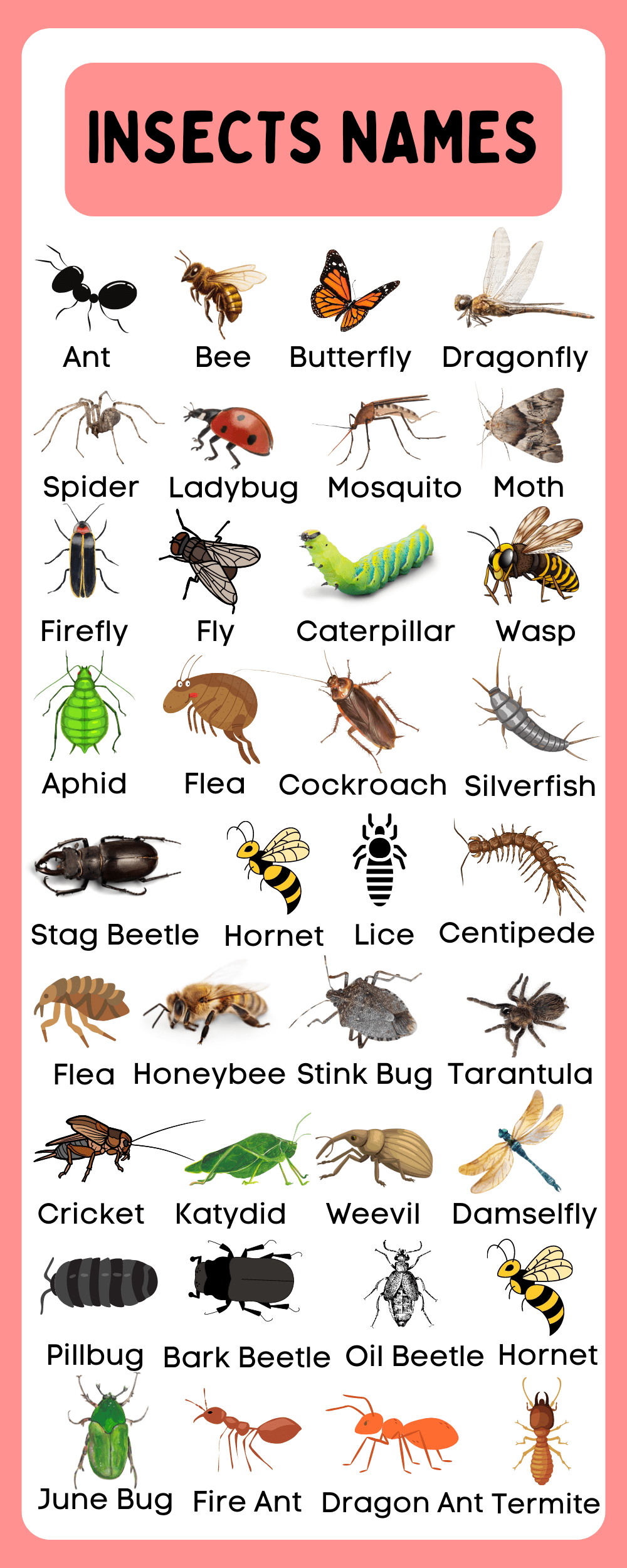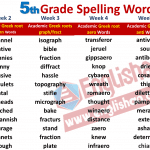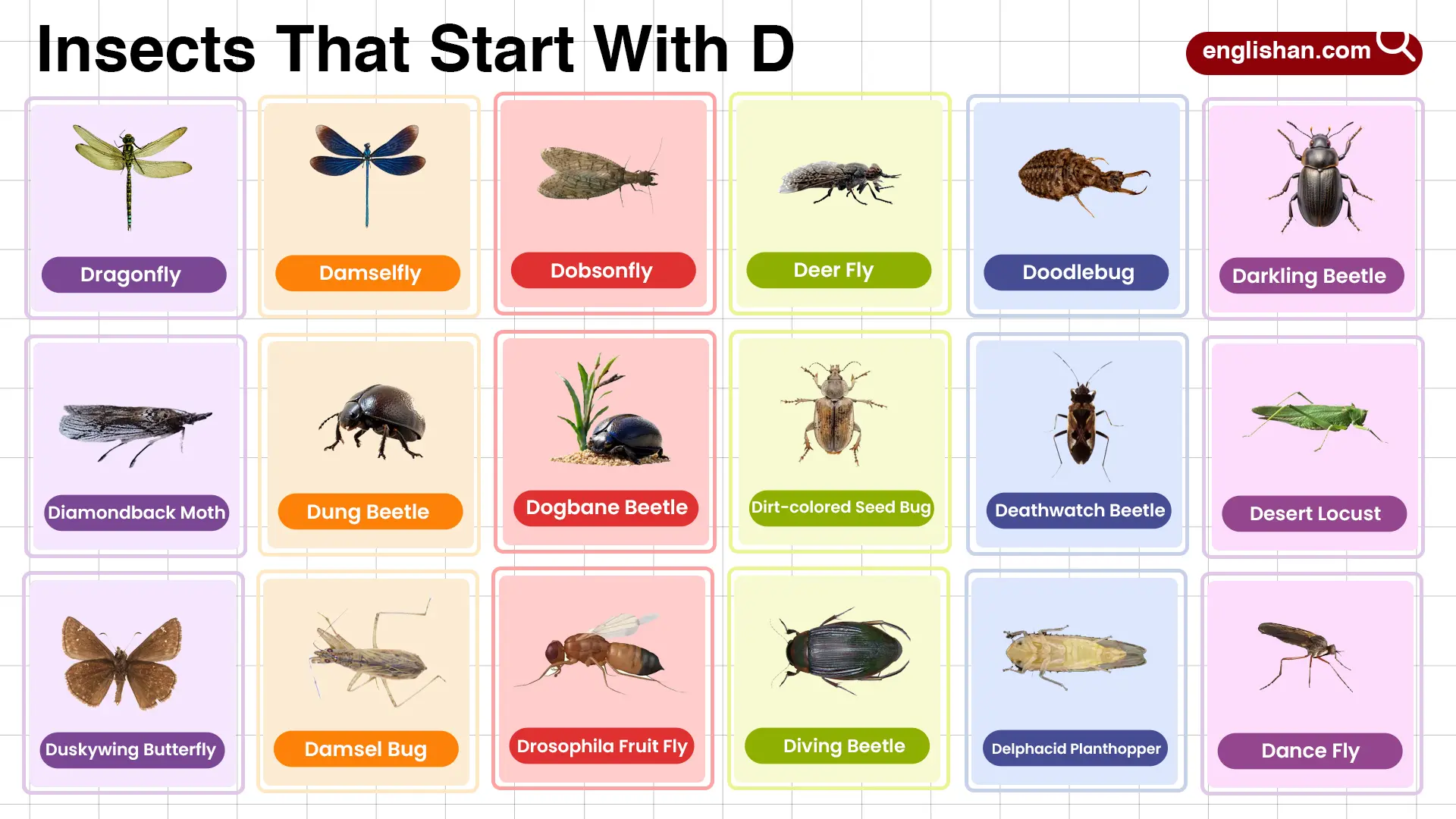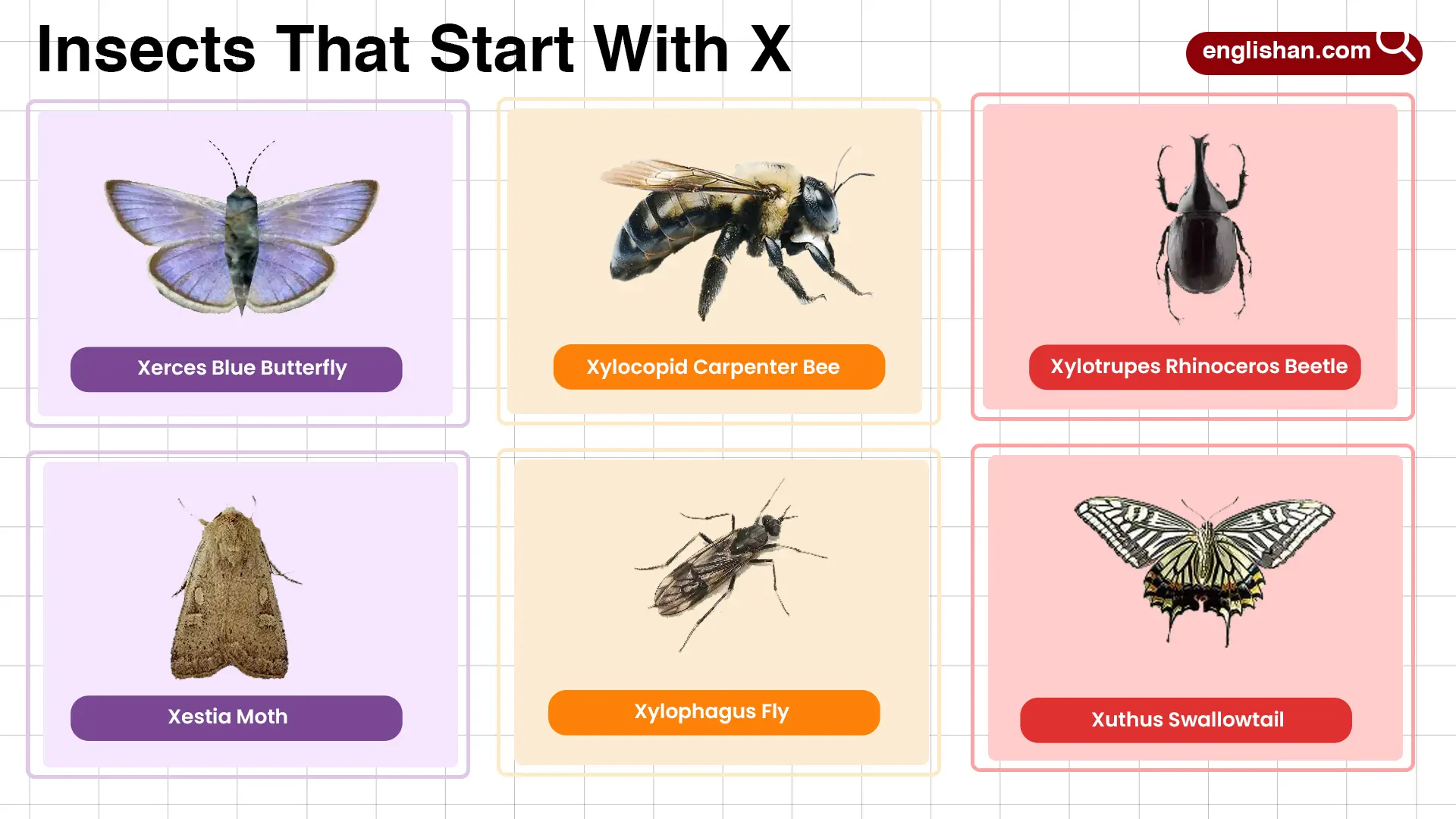In this blog post, you will learn insect names in English. Knowing these names helps you describe different types of insects found in nature and builds your vocabulary skills. Understanding these terms will also help you communicate better when discussing the world of nature.
To learn more vocabulary on different topics, visit our Vocabulary Category.
List of Insects Names
Insect Names with Meanings and Characteristics
Insects, the tiny wonders of nature, come in various types and exhibit unique characteristics. Let’s explore some common insect names and uncover their meanings and traits across different categories:
1. Beetles:
- Ladybug: Symbolizes luck; vibrant red with black spots; helps control garden pests.
- Dung Beetle: Rolls dung into balls for nesting; essential for soil aeration.
2. Butterflies:
- Monarch Butterfly: Iconic orange and black; migrates over long distances; undergoes metamorphosis.
- Swallowtail Butterfly: Has distinctive tails on wings; often found near flowers.
3. Bees:
- Honeybee: Produces honey and beeswax; plays a vital role in pollination.
- Bumblebee: Larger and hairier; essential pollinators for various crops.
4. Ants:
- Worker Ant: Females with various tasks; gather food, build nests, and care for the colony.
- Queen Ant: Reproduces and establishes new colonies; larger than worker ants.
5. Flies:
- Housefly: Found in homes; known for rapid flight and disease transmission.
- Fruit Fly: Small and commonly found near fruits; used in scientific research.
6. Grasshoppers:
- Short-Horned Grasshopper: Has short antennae; produces characteristic “chirping” sound.
- Migratory Locust: Forms swarms and can cause crop devastation.
7. Dragonflies:
- Common Skimmer: Swift and agile fliers; predatory, feeding on other insects.
- Hawker Dragonfly: Excellent hunters; have strong, fast flight capabilities.
8. Moths:
- Luna Moth: Recognizable by its green color; nocturnal and attracted to light.
- Tiger Moth: Often brightly colored; some species emit clicking sounds to deter predators.
9. Spiders:
- Orb Weaver Spider: Known for its intricate circular webs; captures flying insects.
- Wolf Spider: Hunts on the ground; carries its egg sac attached to its body.
10. Crickets:
- House Cricket: Often found indoors; produces the characteristic “chirping” sound.
- Field Cricket: Lives outdoors; provides a rhythmic background noise in rural areas.
11. Cockroaches:
- German Cockroach: Common household pest; adaptable to various environments.
- American Cockroach: Larger species; prefers warm and damp areas.
12. Termites:
- Worker Termite: Pale and blind insects; feed on wood and cause structural damage.
- Queen Termite: Reproduces and establishes colonies; can live for several years.
13. Beetles:
- Firefly: Bioluminescent; flashes light to attract mates or prey.
- Rhinoceros Beetle: Large and strong; has a horn-like structure on its head.
14. Mantises:
- Praying Mantis: Named for its posture resembling prayer; ambushes and eats insects.
15. Silverfish:
- Silverfish: Wingless insects with silver-scaled bodies; feed on starchy materials.
16. Fleas:
- Cat Flea: Common pest of cats and dogs; feeds on blood and can transmit diseases.
- Human Flea: Also feeds on humans and mammals; capable of jumping long distances.
17. Aphids:
- Green Peach Aphid: Infests fruit trees; damages plants by sucking sap.
- Woolly Aphid: Covered in a white, waxy substance; forms colonies on plant stems.
18. Bees:
- Carpenter Bee: Builds nests in wood; important pollinators for flowering plants.
- Leafcutter Bee: Cuts leaves to build nests; effective pollinators for crops.
FAQs
The English name for the word “insect” is simply insect. However, if you mean specific types of insects, here are a few common ones:
1. Ant
2. Butterfly
3. Bee
4. Mosquito
5. Cockroach
6. Dragonfly
7. Fly
8. Grasshopper
9. Beetle
10. Ladybug
Here are some cute bug-themed pet names:
1. Bumble
2. Ladybug
3. Cricket
4. Buttercup
5. Honeybee
6. Dragonfly
7. Pollen
8. Moth
9. Snail
10. Beetle
These names are playful and perfect for a bug-inspired pet!
There are over 1 million known types of insects. Scientists think there could be 5 million to 30 million different insect species in total, including ones we haven’t discovered yet. Insects are the most common type of animal on Earth!
One of the most unique insects is the Praying Mantis. It has a strange posture and can turn its head to look around. It’s also known for being a great hunter.
Another unique insect is the Leaf Insect, which looks like a leaf to blend in with plants. It’s really good at hiding!
The Butterfly is one of the most beautiful insects, with colorful wings and pretty patterns. The Dragonfly is also very beautiful, with shiny wings and bright colors like blue and red.
You May Also Like
